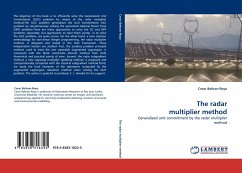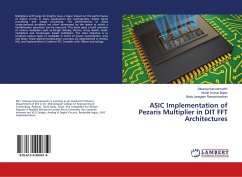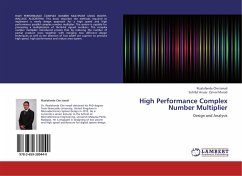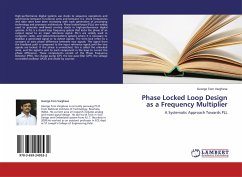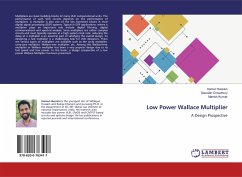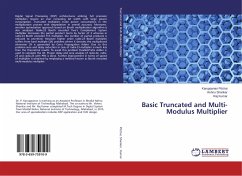The objective of this book is to efficiently solve the Generalized Unit Commitment (GUC) problem by means of the radar multiplier method.The GUC problem generalizes the Unit Commitment (UC) problem by simultaneously solving the associated Optimal Power Flow (OPF) problem.There are many approaches to solve the UC and OPF problems separately, but approaches to solve them jointly, i.e to solve the GUC problem, are quite scarce. On the other hand, a new solution methodology for non-linear integer programming, the radar multiplier method, is designed and tested in the GUC framework. Three independent matters are studied: First, the auxiliary problem principle method, used to treat the non separable augmented Lagrangian, is compared with the block coordinate descent method from both theoretical and practical points of view. Second, the radar subgradient method, a new Lagrange multiplier updating method, is proposed and computationally compared with the classical subgradient method.Third, we study the local character of the optimizers computed by the augmented Lagrangian relaxation method when solving the GUC problem. The author is grateful to professor F. J. Heredia for his support.
Bitte wählen Sie Ihr Anliegen aus.
Rechnungen
Retourenschein anfordern
Bestellstatus
Storno

